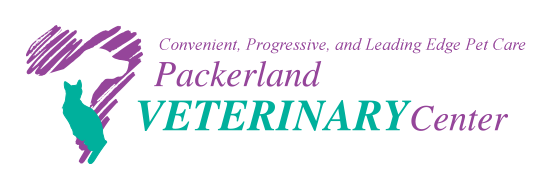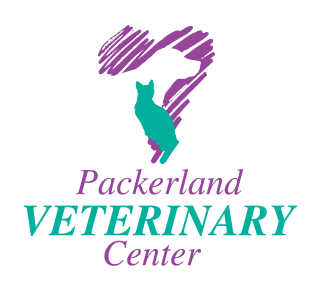


ASK US
Your cat ate what?!?
 If an award had to be given, dogs are probably the gold medalists in the event known as 'Most Likely to Eat Something Ridiculous', but cats get into their fair share of trouble as well. Based on the calls made to Pet Poison Helpline, the four most common cat toxicities are:
If an award had to be given, dogs are probably the gold medalists in the event known as 'Most Likely to Eat Something Ridiculous', but cats get into their fair share of trouble as well. Based on the calls made to Pet Poison Helpline, the four most common cat toxicities are: 1. Human or veterinary drugs (40% of calls): Cats cannot metabolize certain drugs like non-steroidal anti-inflammatories or Tylenol and both of these can be deadly. Antidepressants are another common toxicity, and if ingested require immediate care.
2. Poisonous plants (14%): True lilies can cause kidney failure in cats even if only a small amount of the plant or pollen is ingested. Other plants can cause stomach upset and vomiting.
3. Insecticides (9%): Exposure can occur when cats walk through fertilized lawns or gardens, but are typically from application of a canine flea and tick preventative. Canine products that contain pyrethrins or pyrethroids are very toxic to cats and can cause drooling, tremors, and seizures. If you have any question about a certain medication, please call us before applying to your cat.
4. Household cleaners (6%): Common household cleaners like kitchen and bath surface cleaners, carpet cleaners, toilet bowl cleaners and even laundry detergents can be toxic to cats. These products can cause profuse drooling, difficulty breathing, vomiting, and even organ damage. When cleaning, make sure all excess liquid or residue is wiped up as soon as possible, and do not let your cat into the cleaned areas until after the products have completely dried.
Regardless of what you think your cat may have gotten into, please call us or animal poison control for guidance on how to proceed. In any poison situation, time is of the essence.



